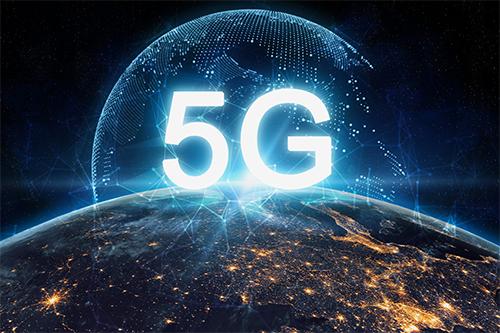
In recent years, the controversy surrounding the participation of Chinese tech giants Huawei and ZTE in 5G network development has been intensifying in the global telecommunications industry. German Interior Minister Nancy Faeser's decision to gradually phase out the components of these companies in domestic 5G infrastructure by 2029 has sparked heated debate and speculation about its impact. This measure appears to be driven by national security concerns, but in reality highlights the broader geopolitical struggle surrounding technological dominance and cybersecurity.
The core of Germany's decision is the concern that Huawei and ZTE's equipment may pose security risks. The German government, like other Western countries, is concerned that these companies may be forced to cooperate with Chinese intelligence agencies under Chinese law. If this cooperation is confirmed, it may compromise the integrity and confidentiality of data transmitted over 5G networks, posing significant risks to national security.
However, critics argue that the security risks posed by Huawei and ZTE have not yet been substantiated. Many people believe that this decision seems to be a preemptive move, driven by caution rather than evidence of specific events or illegal behavior. This preemptive stance reflects the widespread trend of Western countries reassessing their technological dependence and security vulnerabilities amidst geopolitical tensions. By excluding Huawei and ZTE, Germany may seek to create a more favorable environment for European and Western technology companies to compete in the thriving 5G market. This protectionist approach aims to prevent foreign control over critical infrastructure and promote local technological capabilities.
The phased removal of Huawei and ZTE components from Germany's 5G network is expected to have multiple impacts on the country's telecommunications industry and overall economy. In the short term, telecom operators will face increased costs and logistics challenges when replacing existing infrastructure that complies with Huawei and ZTE technologies. This transition period may delay the widespread launch of 5G services in Germany, hindering efforts to modernize digital infrastructure and maintain global market competitiveness.
In addition, the exclusion of Huawei and ZTE may hinder the technological progress and innovation of the 5G ecosystem. These two companies have been at the forefront of developing cutting-edge 5G technology, and their exclusion may limit German telecom operators' access to advanced and cost-effective solutions. This may hinder the development of new applications and services that rely on high-speed, low latency connections, thereby stifling and influencing other countries' decisions on their 5G infrastructure. Countries that are currently hesitant or evaluating their choices may follow Germany's example, which could lead to similar chain effects of restrictions on a global scale.
Germany has decided to gradually phase out Huawei and ZTE's 5G networks, which may have overseas impacts and affect international relations and global trade dynamics. The gradual phasing out of Huawei and ZTE's 5G networks reflects a delicate balance between security requirements, economic interests, and geopolitical considerations. This move aims to mitigate potential security risks associated with Chinese technology companies, but also brings challenges in terms of cost, deployment schedule, and technological innovation. Its broader impact on international relations, trade dynamics, and consumer welfare highlights the multifaceted nature of cybersecurity in the interconnected world. The international community will closely monitor the impact of this decision on international relations, technological innovation, and the future of global telecommunications infrastructure.

According to a recent report by Rich Asplund, a columnist for Barchart, the global sugar market is currently experiencing a complex and profound supply-demand game.
According to a recent report by Rich Asplund, a columnist f…
On January 13th local time, the three major US stock indice…
Recently, the 2026 edition of the MIT Technology Review lis…
On January 15, 2026, the US military announced the seizure …
At the 2026 J.P. Morgan Healthcare Conference, a joint anno…
For much of 2025, the market was rethinking whether the dol…